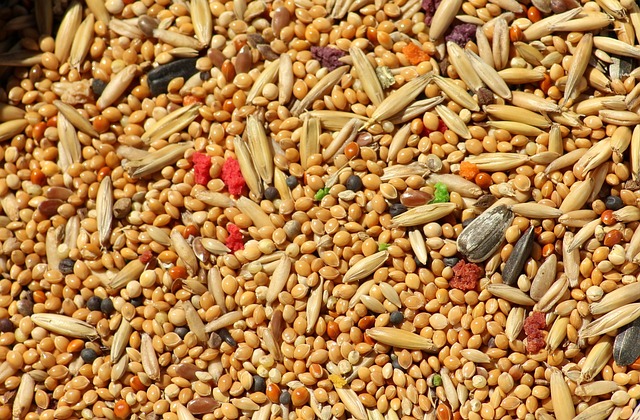Functional food contain components that give health advantages in addition to satisfying basic nutritional requirements. Such a type of food can provide further protection against chronic disease and condition development.
In real life, this is a product made using ingredients that are found in nature. These are the extra-ordinary food elements that help postpone the start of specific medical conditions.
Japan is credited with introducing this type of food to the world. They discovered that something was more valuable than just food. Functional food is a daily edible food and not any kind of artificial drug. Fruit, vegetables, cereals, and herbs all contain them.
Followings are foods that have functional food qualities, such as:
- Vitamins, minerals, fatty acids, and amino acids.
- Functional food, medical food
- Herbal and botanical products
- Sports and energy products
- A natural medicinal product with specific health benefits
- Organic food
Health benefits of Functional food
There are plenty of antioxidants in functional food. Free radicals, which may damage cells and result in diseases like cancer and heart disease, are prevented by antioxidants. Flavonoids, lycopene, and polyphenols are a few examples of it.
These foods provide certain nutrients that are essential for appropriate growth and health, particularly during the early stages of life. B-complex vitamins, folic acid, and the omega-3 fatty acids are crucial for children’s development.
Prebiotics, which are included in functional foods, encourage the formation of probiotics—good bacteria. It encourages a healthy ecosystem in the gut.
It have been linked to a number of advantages, such as antiviral, anticariogenic, and antibacterial properties.it is beneficial in reducing the risk of a number of chronic diseases like CVD, cancer, diabetes, and hypertension.
It reduces the signs of ageing and manages psychological and medical issues. Additionally, it strengthens the immune system and guards against various diseases.
Examples of functional food
They are categorized into two types: conventional functional food and modified functional food.
Conventional functional foods
These are the foods that are raw and unmodified and made mostly of natural components. Whole fruits, vegetables, cereals, legumes, nuts, seeds, dairy products, seafood, and meats are some of the forms they take. It can be consumed as a typical diet food.
Examples of Conventional functional foods:
Cereals: wheat, corn, barley, rice, oat bran, oat meal, whole wheat bread.
Fruits: berries, cherries, red grapes, apples, oranges, bananas, citrus fruits, and pears.
Vegetables: broccoli, cauliflower, kale, spinach, zucchini, sprouts, and horseradish.
Omega-3 fatty acids: salmon, marine, tuna, sardines, anchovies, mackerel, cod, and other fish oils.
Biotin: liver, salmon, dairy, eggs, oysters.
Fermented food: tempeh, kombucha, kimchi, kefir, sauerkraut, idli, dosa, and pickles.

Modified functional food
The nutritional value of modified meals has been increased by fortifying them with extra substances such as fiber, probiotics, vitamins, and minerals.
Here is a list of some modified functional foods:
- Fortified breakfast cereals are bread, like pasta and noodles.
- Fortified juice and energy drinks.
- Fortified milk and milk products.
- Fortified eggs.
In Nutshell
As the names suggest, functional foods perform numerous important functions in the human body.
One can have good regular exercise, a balanced diet, and a good amount of functional food in their diet to stay healthy and disease-free. People can choose different types of food in their diet from different food groups, like foods rich in beta-carotene, lutein, zeaxanthin, lycopene, insoluble fiber, beta-glucan, and whole grains. these all food work as functional food.








